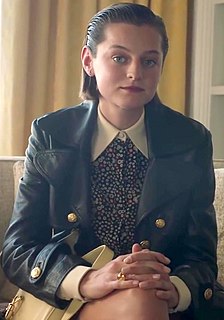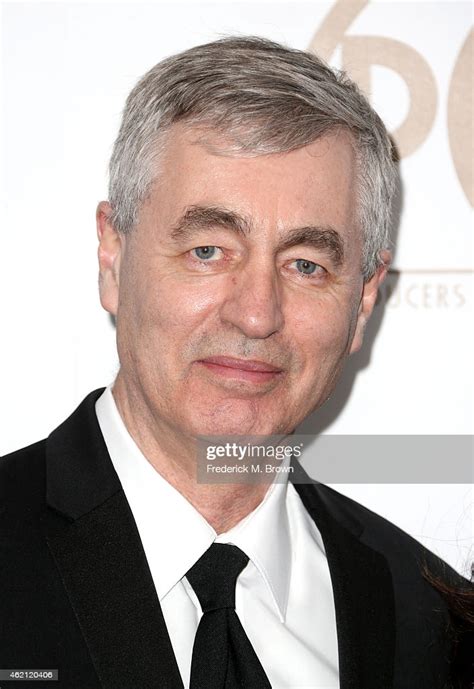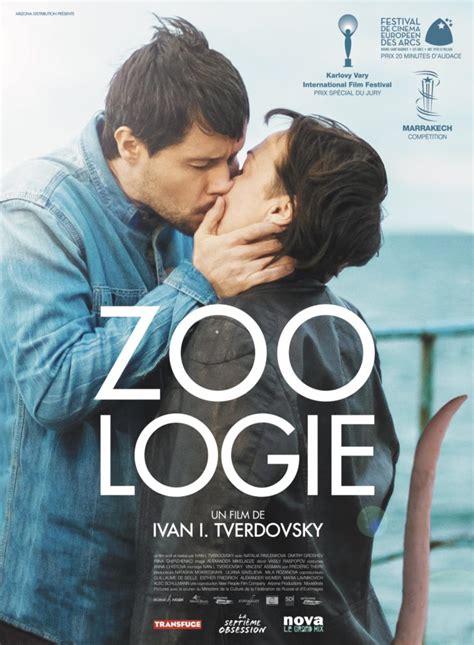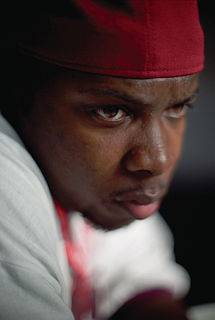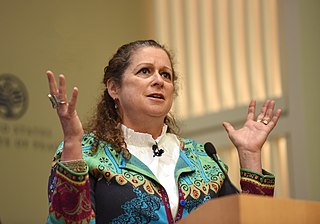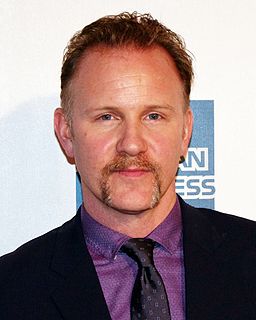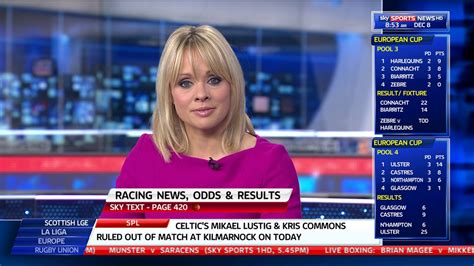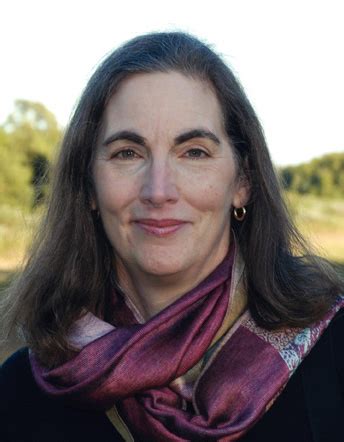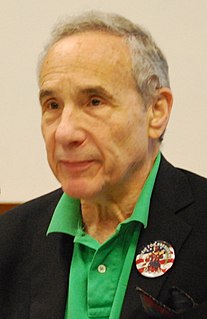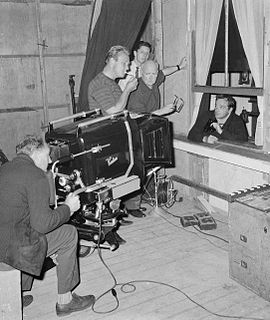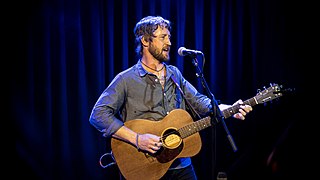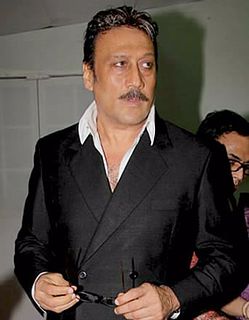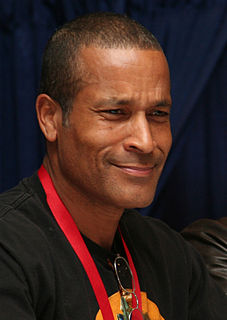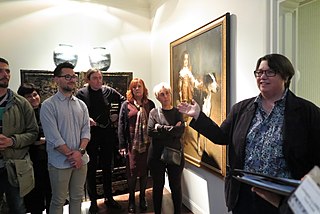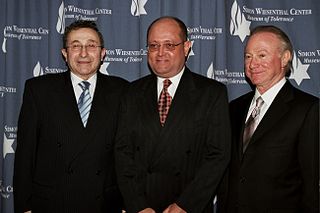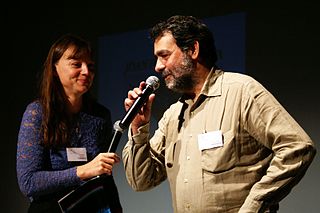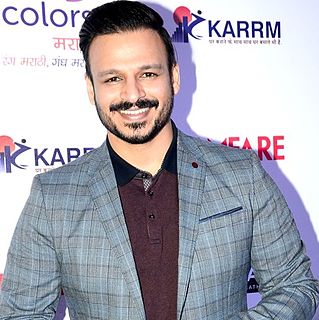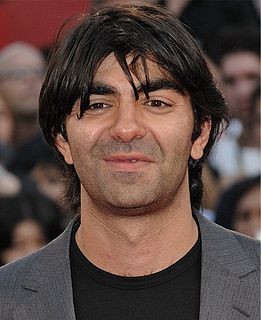Top 786 Documentary Quotes & Sayings
Explore popular Documentary quotes.
Last updated on April 17, 2025.
When I hear the word "documentary," I don't think certain things should be left out. You've got to keep it 100 percent as much as you can, unless your group has a meeting beforehand and says, "Yo -- don't say this, 'cause boom, boom, boom." Other than that, it's a documentary so let's document, you know what I mean?
It's difficult to make movies. For me it was easier, as a refugee in Switzerland, to make documentary films, because I didn't need a lot of money for it. The way I tell my story or my opinion would be very similar in both fiction and documentary forms. But I found I could speak more effectively to convey this brutal reality through documentary than I could through fiction.
The dismal half-baked images of the average "reportage" and "documentary" photography are self dammning... the slick manner, the slightly obscure significance, the esoteric fear of simple beauty for its own sake - I am deeply concerned with these manifestations of decay. Gene Smith's work validates my most vigorous convictions that if the documentary photographs is to be truly effective it must contain elements of art, intensity, fine craft and spirituality. All these his work contains and we may turn to his work with gratitude, appreciation and great respect.
Most people look at a feature film and say, "It's just a movie." For me there is no border or wall between fiction and documentary filmmaking. In documentaries, you have to deal with real people and their real feelings - you are working with real laughter, happiness, sadness. To try to reflect the reality is not the same as reality itself. That's why I think that making a good documentary is much harder than making a good feature film.
There's a real difference between a documentary that was all about facts and history and information. People just don't get as engaged in that kind of documentary - they don't fall in love, they don't cry, they don't forget who they are, they don't ride with you. As we realized we had richer, vérité kind of people, what we wanted to do is focus in on the vérité story.
My hat's off to documentary filmmakers. I don't know if I'm ever going back to it. You're treated like a second-class citizen at most film festivals. You take the bus while everybody else is flown first-class. If you're a feature film director, you're put in a five-star hotel, and if you're a documentary director, you stay in a Motel 6.
Before I published my first book, I worked for a while as a documentary and wedding/bar mitzvah videographer, and a part of me still mourns the lost filmmaker I'll never be. Working on a documentary is nearly the opposite artistic process to writing: as a writer you are always trying to fill out a world to fit your story, but as a documentarian your work is to carve a story out of the world. Sometimes, when I'm feeling particularly blocked at my computer, I miss the days when I could just point my camera at something interesting and wait to see what happens.
In a one-hour documentary, you can tell maybe ten stories. That's how the documentary is structured. I wrote to forty of the greatest historians of both African and African-American history, and hired them as consultants. I had them submit what they thought were the indispensable stories, the ones they felt this series absolutely had to include.
I think the beauty of documentary work is that it's a mystery - you never know where it's going to lead you. You start out with some notion of it, but it's very different from a script. A script you write, you shoot against, and you know what the story is going to be. There's always the element of surprise, but the surprise comes from performance, from something that's improvised, it comes from someone who sees it inside an already determined framework. In documentary, it's never determined. It's never the same, and affords enormous possibility.
When I hear the word 'documentary,' I don't think certain things should be left out. You've got to keep it 100 percent as much as you can, unless your group has a meeting beforehand and says, 'Yo - don't say this, 'cause boom, boom, boom.' Other than that, it's a documentary so let's document, you know what I mean?
To the documentary director the appearance of things and people is only superficial. It is the meaning behind the thing and the significance underlying the person that occupy his attention... Documentary approach to cinema differs from that of story-film not in its disregard for craftsman-ship, but in the purpose to which that craftsmanship is put. Documentary is a trade just as carpentry or pot-making. The pot-maker makes pots, and the documentarian documentaries.
I've been encouraging documentary filmmakers to use more and more humor, and they're loath to do that because they think if it's a documentary it has to be deadly serious - it has to be like medicine that you're supposed to take. And I think it's what keeps the mass audience from going to documentaries.
When you say documentary, you have to have a sophisticated ear to receive that word. It should be documentary style, because documentary is police photography of a scene and a murder ... that's a real document. You see, art is really useless, and a document has use. And therefore, art is never a document, but it can adopt that style. I do it. I'm called a documentary photographer. But that presupposes a quite subtle knowledge of this distinction.
There is a documentary element in my films, a very strong documentary element, but by documentary element, I mean an element that's out of control, that's not controlled by me. And that element is the words, the language that people use, what they say in an interview. They're not written, not rehearsed. It's spontaneous, extemporaneous material. People
Above all, documentary must reflect the problems and realities of the present. It cannot regret the past; it is dangerous to prophesy the future. It can, and does, draw on the past in its use of existing heritages but it only does so to give point to a modern argument. In no sense is documentary a historical reconstruction and attempts to make it so are destined to failure. Rather it is contemporary fact and event expressed in relation to human associations.
Now documentary evidence is acceptable. What does that mean? If you have documentary evidence that a person served as a guard in one of the death camps and the documents have been authenticated, that is grounds to charge the person with crimes against humanity. And that's why you see the spate of trials previously, for example, in the '70s and the '80s, even in the low '90s. That was not the case until the change in the law.


